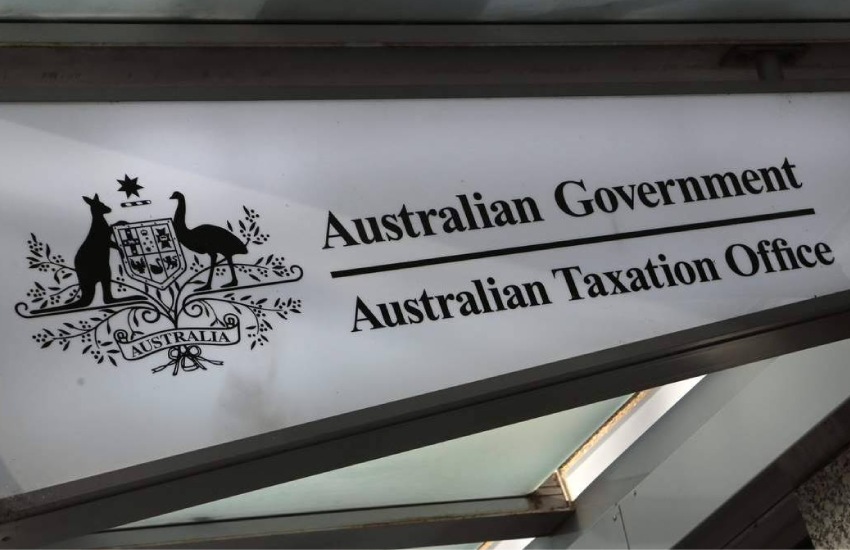ATO renews focus on popular deduction
TaxThe Tax Office has restated its examination of people who claim more than they are entitled to around a popular tax deduction as part of a broader compliance crackdown.

The ATO noted that over 3.75 million people made a work-related car expense claim in 2016-17, totalling around $8.8 billion, of which around 870,000 claimed the maximum amount under the cents-per-kilometre method.
The announcement follows comments from tax commissioner Chris Jordan that some tax practitioners were “deliberately scamming or cheating the system”, which then received the backing of Tax Practitioners Board chair Ian Taylor, describing the ATO's focus on clothing and laundry expenses as “fair”.
In addition, ATO made a commitment earlier this year to focus on 'other' work-related expenses, after $7.9 billion in claims were recorded last year between about 6.7 million Australian taxpayers.
ATO assistant commissioner Kath Anderson said that the ATO's ability to identify claims that are unusual has improved due to enhancements in technology and data analytics.
“We compare taxpayers to others in similar occupations earning similar incomes. Our models are especially useful in identifying people claiming things like home to work travel or trips not required as part of your job," Ms Anderson said.
“Unless you have a work-related need to travel while performing your job, you won’t be able to claim a deduction. For example, travelling from home to work is not deductible for most people."
Ms Anderson said that while the rules can be a bit tricky for some, and that most people want to do the right thing, the ATO is seeing a lot of mistakes.
“We are particularly concerned about taxpayers claiming for things they are not entitled to, like private trips, trips they didn’t make, and car expenses that their employer paid for or reimbursed," she said.
Last year, the ATO issued a similar warning, with Ms Anderson noting a “significant proportion” of claims were at the limit of the 5,000 kilometres mark that did not require detailed records.
She said the cents-per-kilometre method of calculating deductions for expenses is to simplify record-keeping, not to provide a free ride.
“It’s true that claims of up to 5,000 kilometres using the cents per km method don’t require a log book,” Ms Anderson said.
“However, you still need to have done the kilometres as part of your job and be able to show how you calculated your claim, for example by keeping a diary of places you have had to drive to for work, and how often.”



